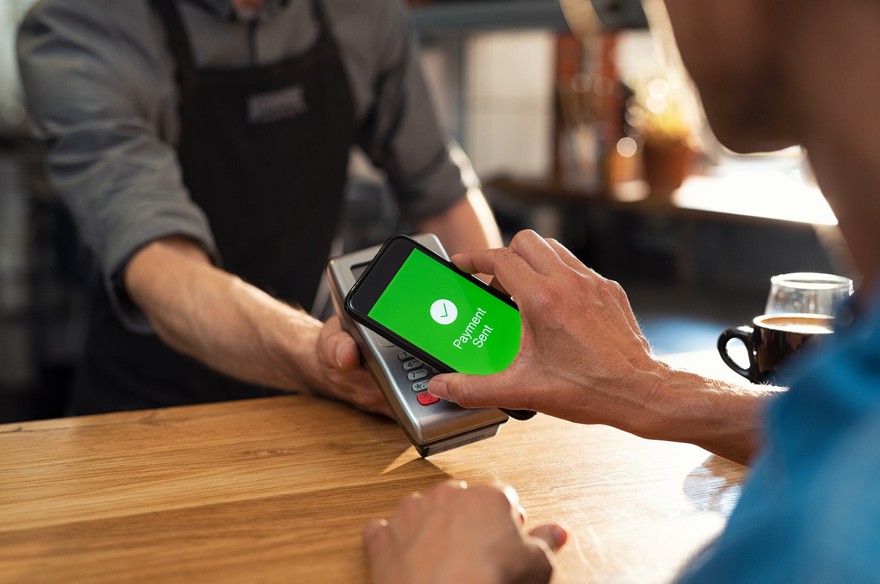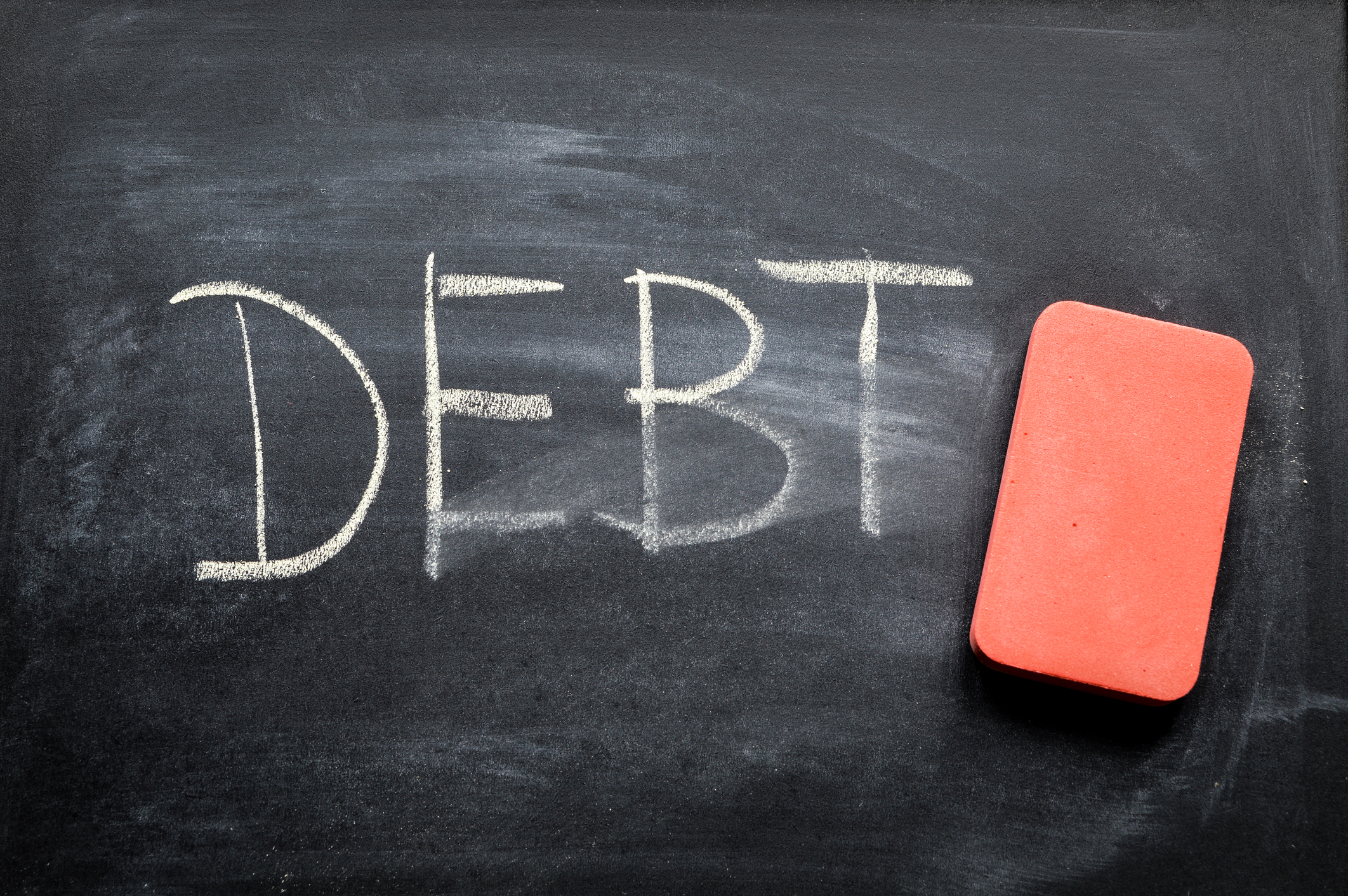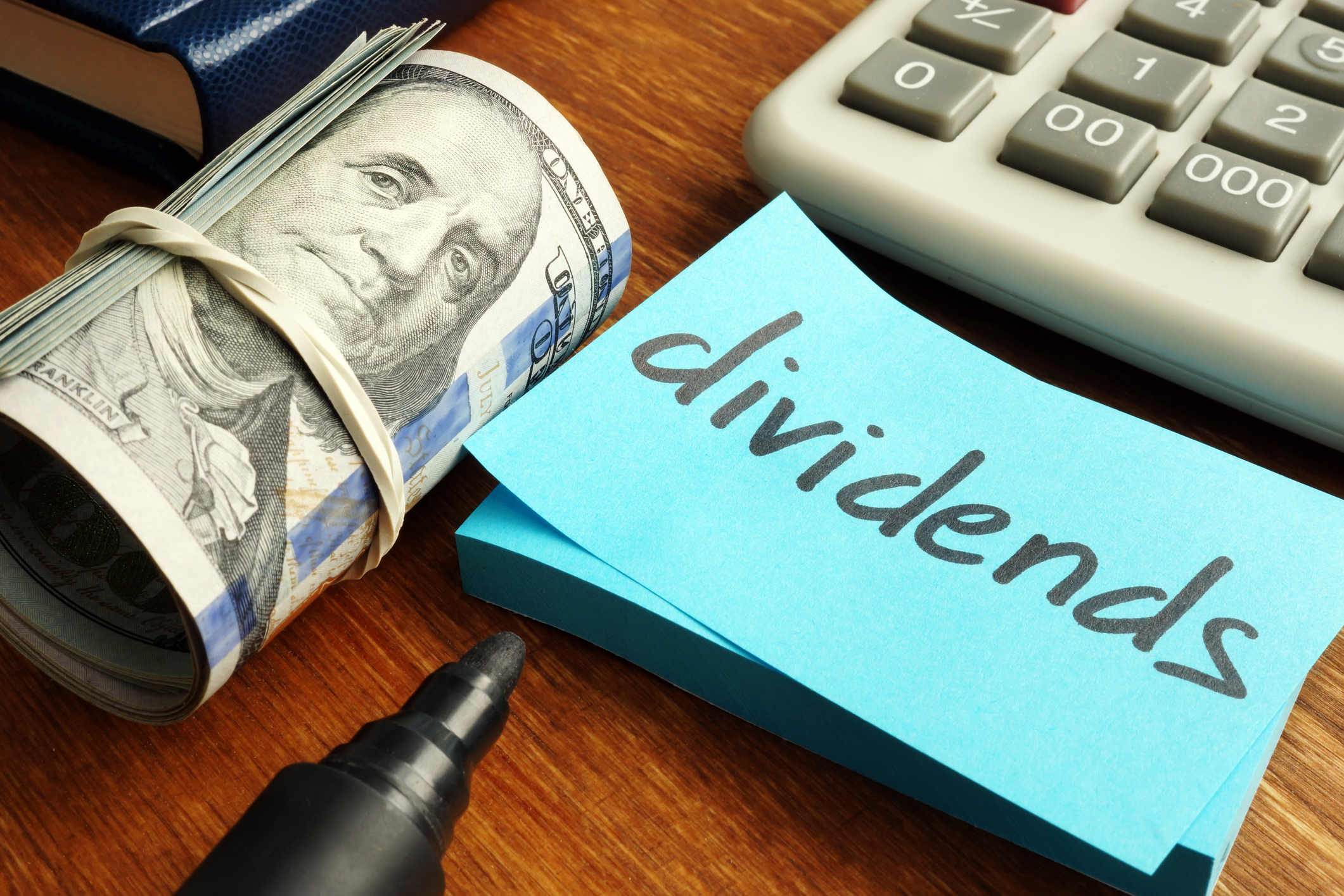You might have heard your parents or friends talking about them, or maybe you've even used one yourself without realizing it. But what exactly are digital wallets?
Maybe you like to pay for things with cash or a debit or credit card. These are common and fairly convenient ways to manage financial transactions in stores or online. But they also have serious drawbacks. Cash can be lost or stolen, while cards can be skimmed or hacked, putting your money and personal information at risk.

That's where digital wallets come in. A digital wallet is an app running on your smartphone or other mobile device that lets you make purchases online or in stores with just a few taps. A device you probably carry with you everywhere is also a secure and convenient way to make payments without having to carry around physical cash or cards.
But digital wallets aren't just about convenience. They're also changing the way payments are made and processed. Digital wallets are part of a larger trend toward cashless and contactless transactions, which could have significant implications for the future of commerce.
From "Dial-a-Coke" to the smartphone era
Digital wallets have been around for longer than you might think. Soft drink giant Coca-Cola (KO +0.50%) introduced the first one in 1997. Coke wanted to make it easier for customers to buy drinks from vending machines, so the company developed a system that allowed people to use their phones to make payments.
The first experiment involved two vending machines in Helsinki, Finland, where the local heroes at Nokia (NOK -4.84%) jump-started the mobile boom that would sweep the globe a few years later. With "Dial-a-Coke," thirsty customers could buy a soda by texting a code to a special number.
In the early 2000s, companies such as PayPal (PYPL -3.41%) and Alphabet (GOOG -0.63%) (GOOGL -0.62%), the parent company of Google, began offering digital wallet services, starting an unstoppable secular trend.
These days, nearly all modern smartphones and tablets come with digital wallet features such as near-field communication (NFC) for contactless payments and specialized security chips. By linking bank accounts or credit cards to an online account, you can make payments with just a few clicks or taps. They are easy to use, protected by several layers of digital security, and most likely are preinstalled on your favorite mobile device.
Millions of people around the world use digital wallets today for everything from buying groceries to sending money to friends and family. Business information firm Transparency Market Research predicts that the global digital wallet market will continue to grow rapidly in the coming years, reaching a value of more than $16 trillion by 2031.
As technology continues to advance, we can expect digital wallets to become even more integrated into our daily lives. They can manage payment cards, loyalty club memberships, digital concert tickets, and other snippets of financial information. Some states even let you store your driver’s license in a digital wallet. In the not-too-distant future, you might not need to carry around physical wallets at all.
Related investing topics
Embracing the cashless future with digital wallets
Digital wallets are more than just a convenient way to make payments. They're also helping to drive a fundamental shift in the way we think about money and transactions.
For one thing, digital wallets are helping to make payments more secure. By using advanced encryption and authentication technologies, digital wallets can help protect your personal and financial information from fraud and theft. The store never sees your actual credit card number since payments are processed through encrypted digital tokens instead. This can give users greater peace of mind when making purchases online or in stores.
But digital wallets are also part of a larger trend toward cashless and contactless transactions. The change was accelerated by the COVID-19 pandemic as more people avoided touching cash or payment terminals in public spaces. Digital wallets allow users to make payments without having to physically touch anything, which can help reduce the spread of viral, bacterial, and fungal diseases.
Beyond these practical benefits, digital wallets also have the potential to democratize access to financial services. In many parts of the world, traditional banking services can be difficult or expensive to access. However, smartphones are pretty much everywhere. Digital wallets can offer a more affordable and accessible alternative to traditional banking services, allowing people to make payments and manage their money without the need for a bank account.
This is especially important for people in developing countries, where large numbers of people are underbanked or entirely unbanked. By using digital wallets, people can participate more fully in the global economy without having to rely on traditional financial institutions.
The power of this idea exponentially grows when combined with cryptocurrencies and decentralized finance apps. Moving money around without assistance from financial institutions is becoming easier all the time.
A digital wallet is not the same thing as a blockchain wallet, which specializes in managing your cryptocurrency accounts, but one app can certainly provide both functions.
Digital wallets are a powerful tool, transforming the way we think about money and financial transactions. Whether you're making a purchase at your favorite store or sending money to a friend across the world, digital wallets offer a convenient, secure, and accessible way to manage your finances.


















